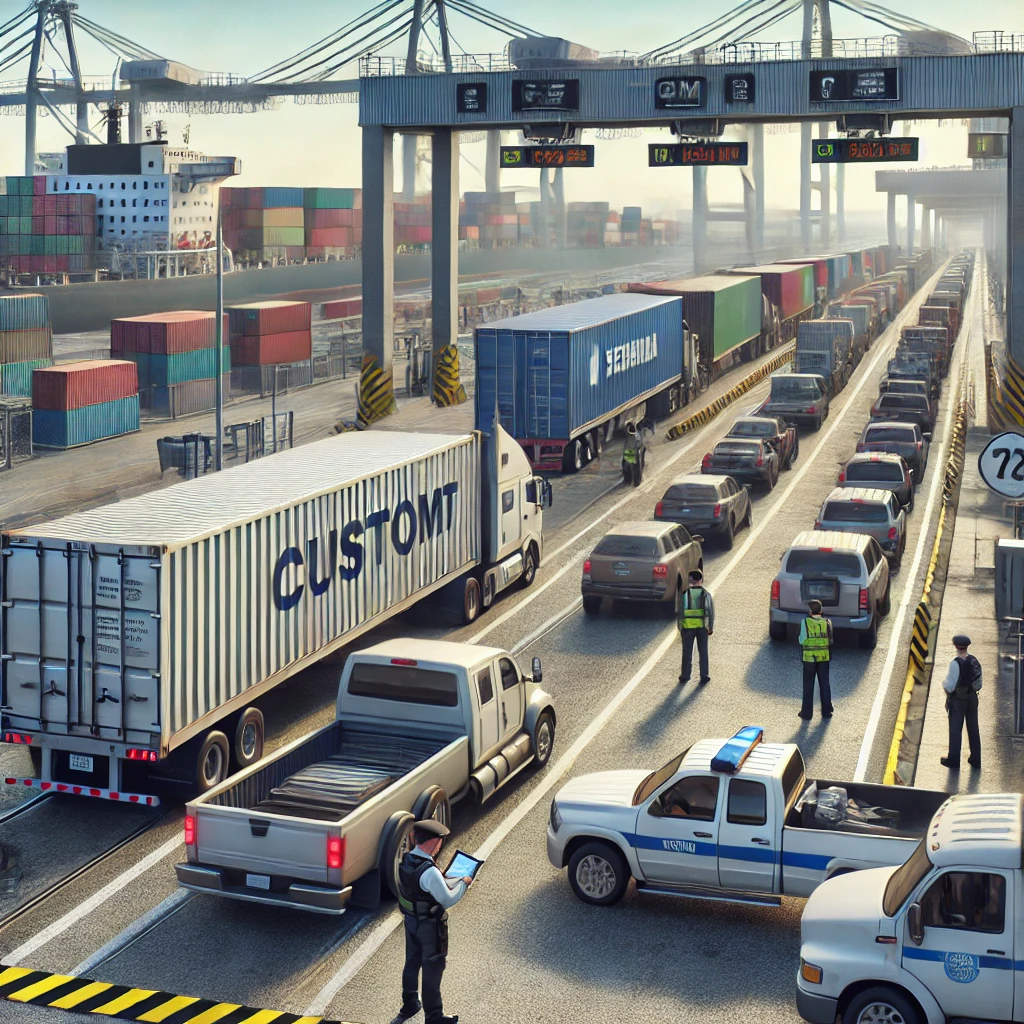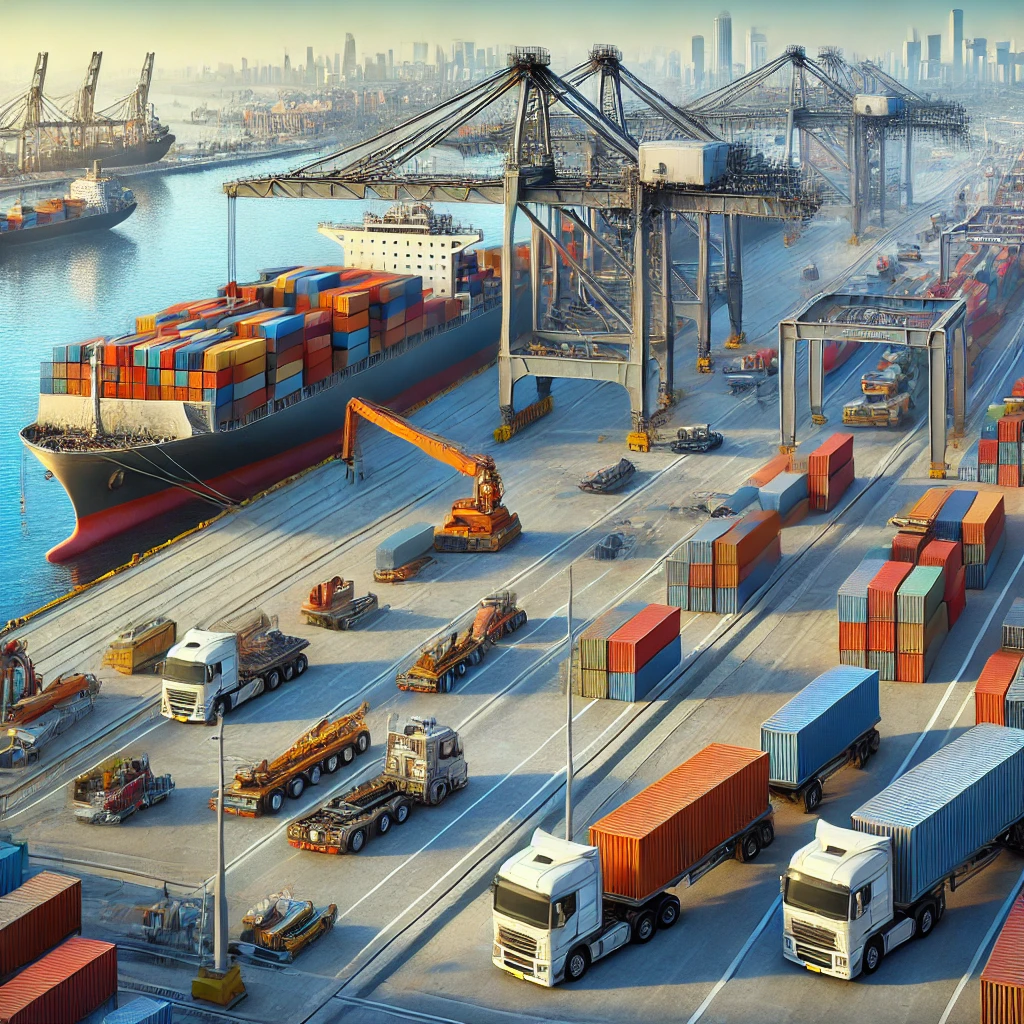An In-Depth Guide to Savannah Tracing
Savannah tracing is a critical process in modern logistics, supply chain management, and transportation, particularly in tracking cargo shipments that pass through the Port of Savannah, one of the busiest seaports in the United States. Businesses and logistics professionals rely on Savannah tracing to ensure smooth operations, minimize delays, and optimize supply chain efficiency. This guide provides a comprehensive explanation of Savannah tracing, its key features, practical applications, and importance for professionals and businesses.

What is Savannah Tracing?
Savannah tracing refers to the tracking and monitoring of shipments moving through the Port of Savannah and surrounding logistics networks. This process allows importers, exporters, and logistics providers to monitor real-time cargo movement, ensuring timely deliveries and compliance with shipping regulations.
Key Features of Savannah Tracing
- Real-Time Tracking:
- Enables shippers and consignees to track their shipments in real time through online portals and tracking systems.
- Provides instant updates on the location, status, and estimated arrival of shipments.
- Integration with Logistics Networks:
- Savannah tracing is integrated with major transportation networks, including trucking, rail, and ocean freight.
- Allows seamless coordination between different transport modes.
- Customs and Regulatory Compliance:
- Ensures that shipments comply with U.S. customs regulations.
- Helps businesses prepare necessary documentation for clearance.
- Automated Notifications:
- Sends alerts and notifications about shipment delays, customs holds, or delivery confirmations.
- Reduces uncertainty in supply chain operations.

Practical Uses of Savannah Tracing
- Supply Chain Optimization:
- Businesses use to reduce transit times and streamline logistics planning.
- Provides data-driven insights for optimizing warehouse and distribution center operations.
- Enhanced Customer Service:
- Real-time tracking improves communication with customers by providing accurate delivery timelines.
- Helps businesses manage customer expectations regarding shipment arrivals.
- Risk Management:
- Identifies potential disruptions, such as weather-related delays or port congestion, and allows for proactive adjustments.
- Freight Forwarding and Customs Brokerage:
- Freight forwarders and brokers use Savannah tracing to manage shipping documentation and compliance more efficiently.
Importance of Savannah Tracing for Businesses
- Increases Operational Efficiency:
- Reduces delays and optimizes freight movement.
- Enhances coordination among logistics partners.
- Improves Cost Management:
- Helps businesses avoid unexpected detention and demurrage fees by providing real-time shipment visibility.
- Supports Regulatory Compliance:
- Ensures businesses meet all customs and import/export requirements, minimizing penalties and legal risks.
- Enhances Competitiveness:
- Companies that use Savannah tracing gain a competitive edge by ensuring faster and more reliable deliveries.

Challenges in Savannah Tracing
- Data Accuracy and System Integration:
- Some tracking systems may have outdated or incomplete data, leading to discrepancies.
- Integrating Savannah tracing with various supply chain software can be complex.
- Port Congestion and Delays:
- High traffic at the Port of Savannah can sometimes result in shipment delays.
- Effective tracing systems help mitigate these issues by providing early warnings.
- Cybersecurity Risks:
- Digital tracking platforms must ensure secure data transmission to prevent unauthorized access or breaches.
Best Practices for Effective
- Use Reliable Tracking Platforms:
- Choose tracking systems that offer real-time updates, integration capabilities, and user-friendly dashboards.
- Monitor and Analyze Data:
- Regularly review tracking reports to identify patterns and optimize logistics operations.
- Communicate with Logistics Partners:
- Maintain open communication with freight forwarders, carriers, and port authorities to resolve issues proactively.

Conclusion
Savannah tracing is an essential tool for businesses and logistics professionals who rely on the Port of Savannah for their cargo operations. By leveraging advanced tracking systems, companies can optimize their supply chain, improve customer satisfaction, and enhance regulatory compliance. As global trade continues to grow, investing in efficient solutions will be key to maintaining a competitive advantage in the logistics industry.
